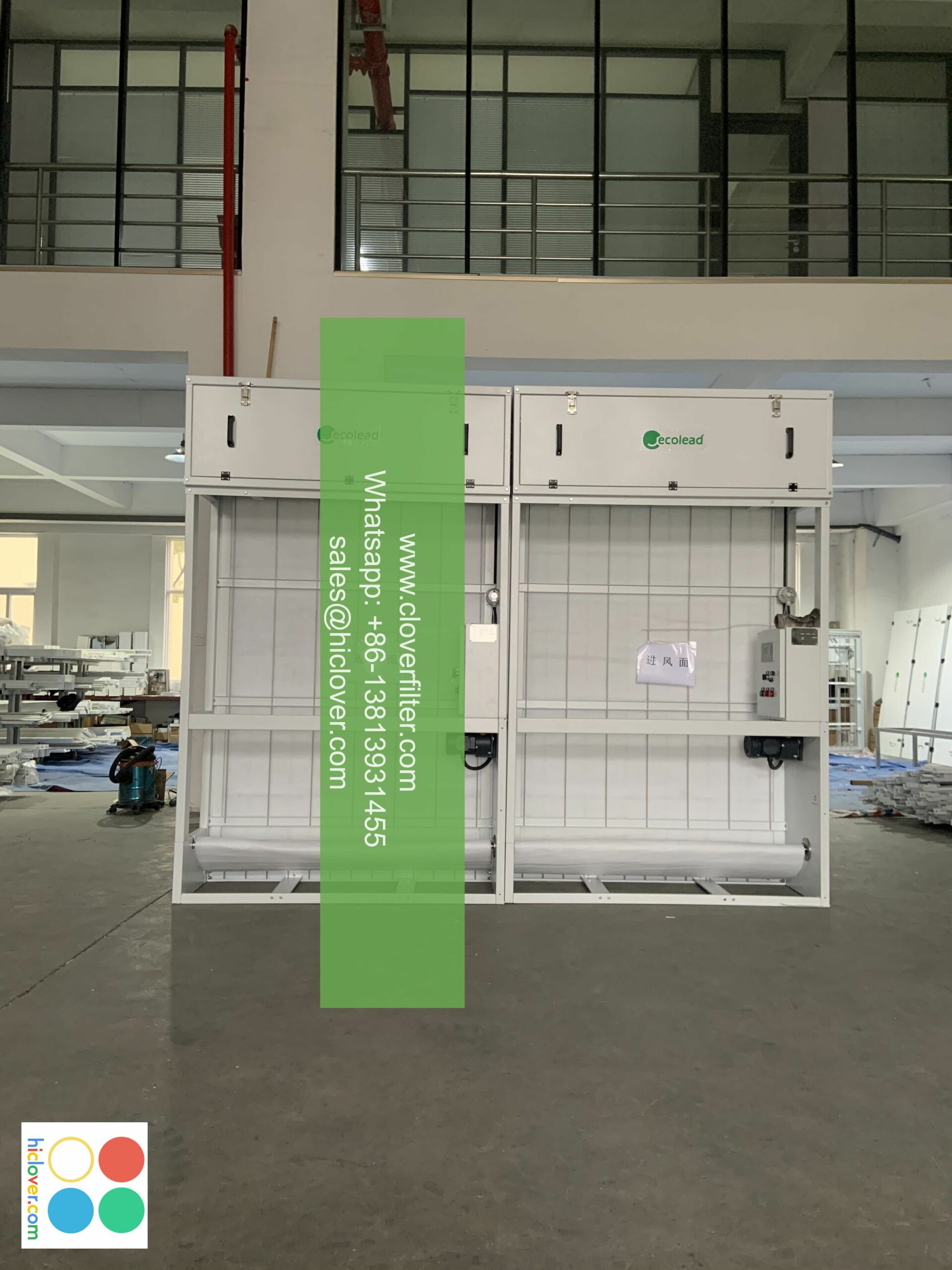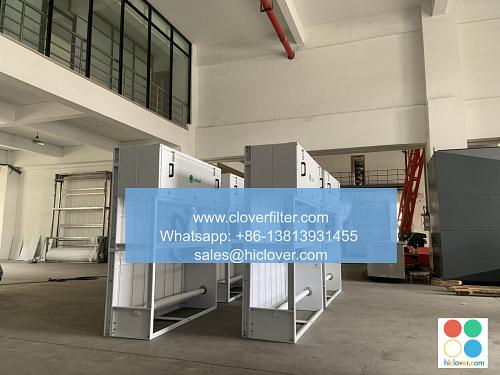The Benefits of Using Anti-Haze Air Filters

Air pollution has become a major concern in recent years, with haze being a significant contributor to poor air quality. Haze is a type of air pollution caused by fine particles, nitrogen dioxide, and other pollutants that can have severe health impacts. One effective way to combat haze and improve indoor air quality is by using anti-haze air filters. In this article, we will explore the benefits of using anti-haze air filters, their application areas, and how they can help reduce health risks associated with air pollution.
What are Anti-Haze Air Filters?
Anti-haze air filters are specially designed air purification systems that can capture fine particles, including PM2.5 and PM10, as well as other pollutants that contribute to haze. These filters use advanced technologies, such as HEPA filtration, activated carbon filtration, and ionization, to remove pollutants from the air, improving indoor air quality and reducing health risks.
Benefits of Using Anti-Haze Air Filters
The benefits of using anti-haze air filters are numerous, including:
* Improved indoor air quality: Anti-haze air filters can remove up to 99.97% of fine particles, including PM2.5 and PM10, from the air, creating a healthier indoor environment.
* Reduced health risks: By removing pollutants from the air, anti-haze air filters can help reduce the risk of respiratory problems, such as asthma and chronic obstructive pulmonary disease (COPD).
* Relief from allergies: Anti-haze air filters can also capture allergens, such as dust, pollen, and pet dander, providing relief for people with allergies.
* Protection from airborne viruses: Some anti-haze air filters can also capture airborne viruses, including influenza and coronavirus, reducing the risk of infection.
Application Areas of Anti-Haze Air Filters
Anti-haze air filters have a wide range of application areas, including:
* Residential homes: Anti-haze air filters can be used in residential homes to improve indoor air quality and reduce health risks.
* Commercial offices: Anti-haze air filters can be used in commercial offices to create a healthier work environment and improve productivity.
* Industrial settings: Anti-haze air filters can be used in industrial settings to remove pollutants from the air and reduce the risk of occupational health problems.
* Healthcare facilities: Anti-haze air filters can be used in healthcare facilities to reduce the risk of airborne infection and improve patient outcomes.
* Transportation systems: Anti-haze air filters can be used in transportation systems, such as cars, buses, and trains, to improve indoor air quality and reduce health risks.
Conclusion
In conclusion, anti-haze air filters are an effective way to combat haze and improve indoor air quality. With their advanced technologies and wide range of application areas, anti-haze air filters can help reduce health risks associated with air pollution, providing relief from allergies and protection from airborne viruses. Whether used in residential homes, commercial offices, industrial settings, healthcare facilities, or transportation systems, anti-haze air filters are an essential tool for creating a healthier indoor environment and improving overall well-being. Air purification, indoor air quality, and haze reduction are just a few key areas where anti-haze air filters can make a significant impact. It seems like you didn’t include a question or topic for discussion in your prompt. Could you please provide more details or clarify what you would like to talk about? I’m here to help and provide information on a wide range of subjects.

